The only constant in the hospitality industry is the fact that it’s always changing. In the past few years alone, the industry has seen a major shift in how guests are booking, where they are booking and why. The competition has grown from other hotels to home share companies like Airbnb, HomeAway and VRBO, thanks to the growth (and spending) of millennial travelers. Beyond that, though, guests of all ages are seeking more from their hotel experience. They’re no longer just satisfied with a pillow to sleep on. From mobile check in to locally sourced artwork to more conversational marketing, hotels are having to constantly stay on the edge of the digital hospitality movement. Whether it’s adding in-room iPads or upgrading the way you clean, these are trends you need to adapt to in order to keep your business relevant and successful in 2018.
Mobile is everything
Travelers are connected to their cell phones now more than ever, and most aren’t just using it for Instagram. According to Adweek and Opera Mediaworks, over 85% of people book hotels, tours and even flights directly from their phones. Thanks to apps like Trips, Google’s Travel Assistant, guests are able to organize their hotels (and keep track of which ones they rated the highest), flag restaurants, book ubers and even get boarding passes right in their email. More than that, mobile integration is taking hospitality up a notch – by even offering mobile check in with the hotel’s app as well as the ability to customize everything in their room directly from their phones, from dimming the lights to ordering room service. To keep mobile savvy customers booking, ensure your hotel app is clean, useful, intuitive and innovative. In addition, ensure every room is outfitted with smart plugs that include USB chargers or all-purpose docking stations.
Smart rooms are key
It’s no longer just having the right plugs, it’s all about having a room that’s intuitive to the guest that’s in it. As most hotels program their TV’s to welcome you (with your name) and offer a customized itinerary based on your preferences, many are upping the game more. East Hong Kong offers guests the use of pre-programmed mobile phones complete with a data and calling plan so they can navigate the city, as well as restaurant recommendations, deals on attractions and even public transportation tips. Hilton, for example, is beta testing its first mobile-centric room, where everything is controlled with the tap of their finger on their phones. Marriott is capitalizing on the Internet of Things by offering mirrors with yoga tutorials. One thing is clear, AI (artificial intelligence) and virtual reality are going to play a big part in room design, and have the potential to make or break a hotel’s rating. According to Forbes and Ayush Sharma of Northwestern University, AI going to change the entire hospitality industry – from guest check-in to even employee management and security.
Keep it local
Millennials weren’t always the key demographic for hotels, but with this generation traveling more than any other, the need to keep up with their likes, dislikes and passions is becoming a key focus for many of the big, and smaller, brands. According to Jacob Marek, who spoke to the Boston Globe, millennials are a more curious traveler, and are always seeking experiences that go beyond the standard tour or typical hotel room. They’re looking for a connection to the destination, whether it’s a new country or city, and look for hotels that offer that local time in. Many hotels, like the Hilton in downtown Cleveland, work with local artists to commission pieces to display throughout the hotel. In addition, hotels – like Mr. C in Beverly Hills – offer customized itineraries completely related to the city, whether they be Hollywood tours or hikes up Runyon Canyon Park. Beyond just decor and the concierge, many hotels are focusing only on local food in their flagship restaurants. Millennial travelers are focused on keeping their money into the local community, which is why so many hotels are offering specialty menus based on seasonal produce in the area (like artisanal cheeses and wines in Northern California or fresh seafood in Miami). This farm to table movement, which has been a trend for years, is still a big focus many travelers look for when dining inside the hotel. Valerie Chen, a travel writer for Travel Age West, wrote “Authenticity of the locale is paramount, as well as environmental sustainability and collaboration with the local community. Accor Hotels also extended this to non-guests, by allowing people living in the area (which is computed through their AccorLocal app) to use the hotel’s amenities.
Focus on the experiential
The next generation of hospitality and hotel design is going to focus more on experiential journeys and less on bulky and closed off spaces. Lobbies are going to offer more interactivity – from touch screens in the walls to furniture that inspires mingling and creativity. The conference rooms will no longer be just rooms, but will offer more ways to stay productive – whether that’s with the use of smart TVs, tech-forward podiums or even AI incorporation. The experiential aspect goes beyond just design, too. Guests want to feel like their decisions matter, and that they’re apart of where they stay. According to Travel Age West, keeping guests in the know about food waste, the hotel’s focus on environmental protection and sustainability, make the experience more impactful. Tying in with the focus on local, guests want to experience more with their stay – whether that’s an included activity in the destination, a meet and greet with the chef or even included Wi-Fi to keep them connected. Although the experiential component is easier for remote resorts, city and even airport hotels can adapt to the trend by giving the guest more to enjoy.

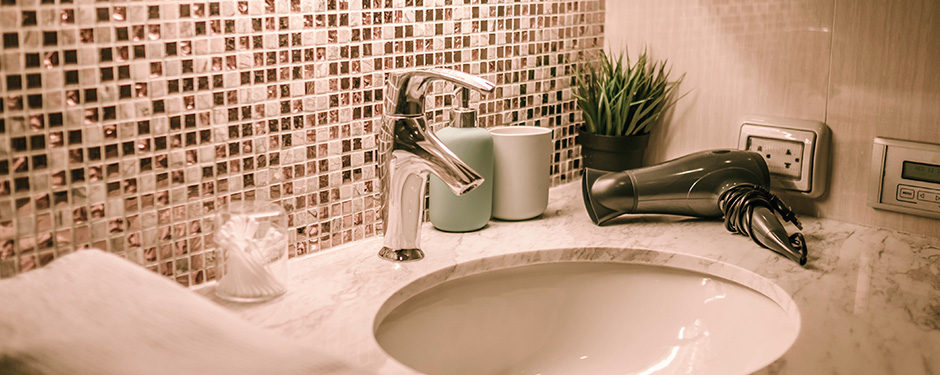
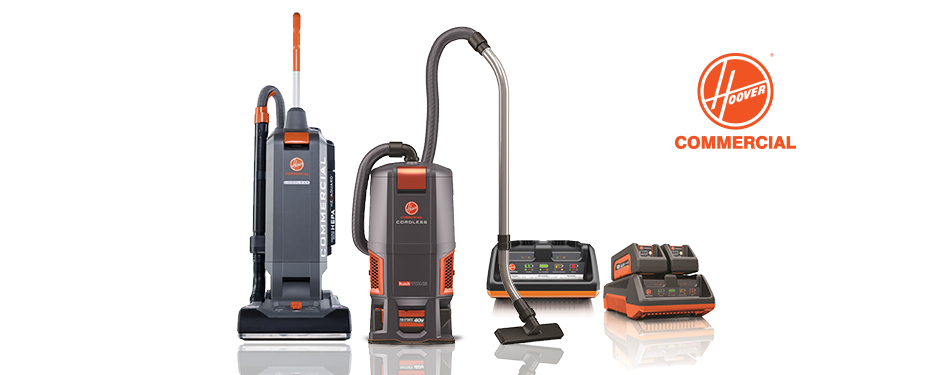
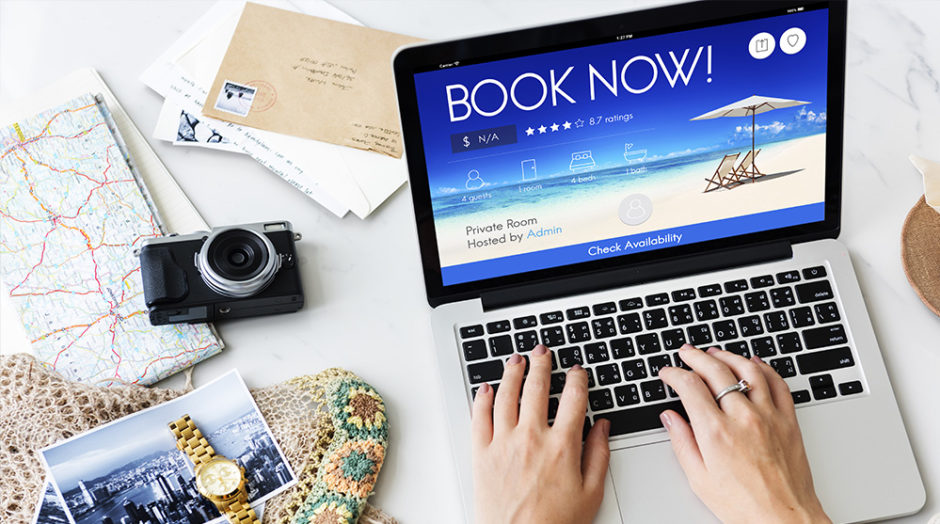
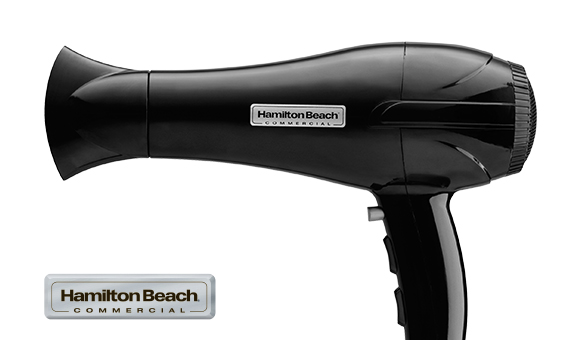
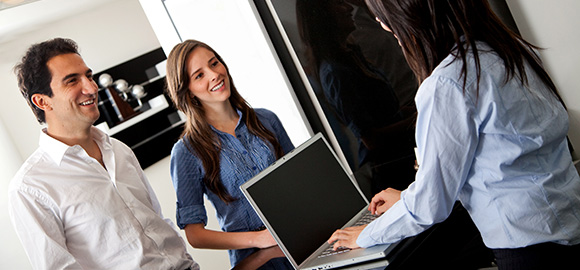
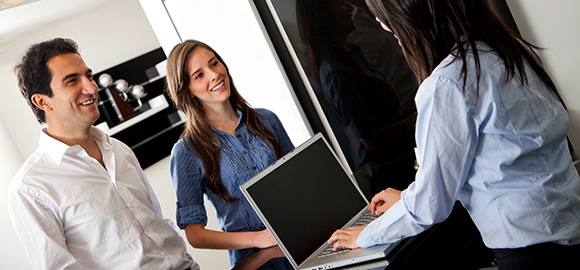
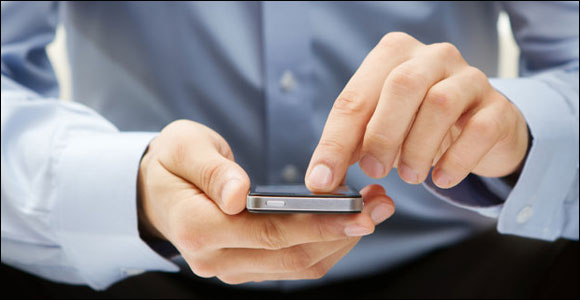
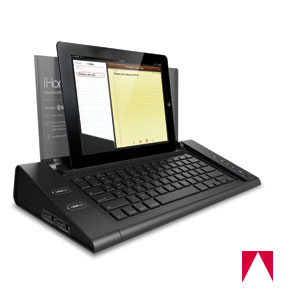

 As many hotels, extended stay properties, and other hospitality venues strive to meet the growing demands of travelers by furnishing rooms with flat-panel televisions, the disposal of old televisions is posing a great risk to the environment.
As many hotels, extended stay properties, and other hospitality venues strive to meet the growing demands of travelers by furnishing rooms with flat-panel televisions, the disposal of old televisions is posing a great risk to the environment.
 digital broadcast signals need to be replaced. We suggest 26″ and 32″ LCD HD televisions to replace 27″ and 32″ CRTs.
digital broadcast signals need to be replaced. We suggest 26″ and 32″ LCD HD televisions to replace 27″ and 32″ CRTs.